An open letter from 175 former heads of state and Nobel laureates, among them former UK prime minister Gordon Brown and 24 chemistry Nobel prize winners, is calling on US president Joe Biden to waive intellectual property rules for Covid-19 vaccines. The letter follows news that the White House is considering a temporary waiver of World Trade Organization (WTO) IP rules during the pandemic. Such action has been proposed by South Africa and India, and is supported by more than 100 WTO member states, its authors write.
‘A WTO waiver is a vital and necessary step to bringing an end to this pandemic. It must be combined with ensuring vaccine know-how and technology is shared openly,’ the letter reads. ‘This can be achieved through the World Health Organization Covid-19 technology access pool, as your chief medical advisor, Dr Anthony Fauci, has called for.’ This will save lives and help achieve global herd immunity, it suggests
The letter notes that there was an unprecedented development of safe and effective vaccines in response to the virus, in part thanks to US public investment. However, while vaccination rollout in the US and many wealthier countries is proceeding apace, it points out that poorer nations are not faring nearly as well, and many won’t be able to achieve mass Covid-19 immunisation until at least 2024.
The WTO waiver and increased sharing of technological knowledge would expand global manufacturing capacity, ‘unhindered by industry monopolies that are driving the dire supply shortages blocking vaccine access’, according to the letter
Beyond these actions, its prominent signatories also advocate a coordinated global investment in research, development and manufacturing capacity to tackle the pandemic and prepare the world for future ones. ‘The full protection of intellectual property and monopolies will only negatively impact efforts to vaccinate the world and be self-defeating for the US,’ the authors conclude, warning that the US’s economy already risks losing $1.3 trillion (£934 billion) in GDP this year due to global shortages of Covid-19 vaccines.





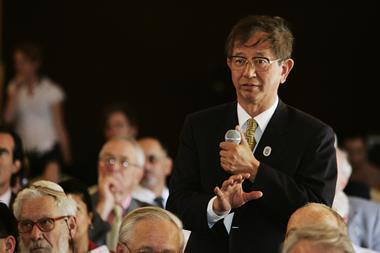
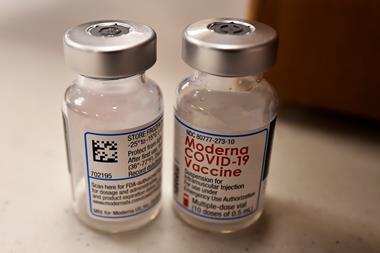
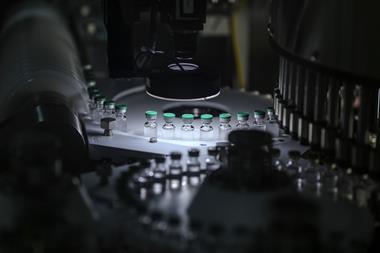
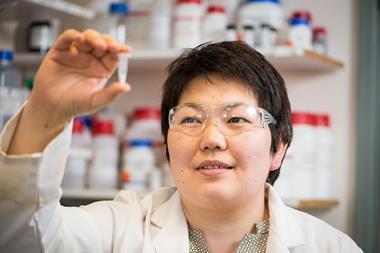
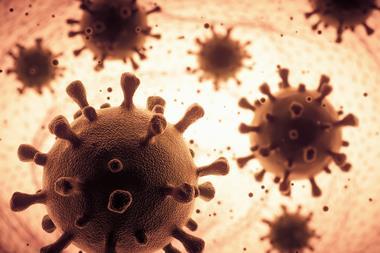







1 Reader's comment